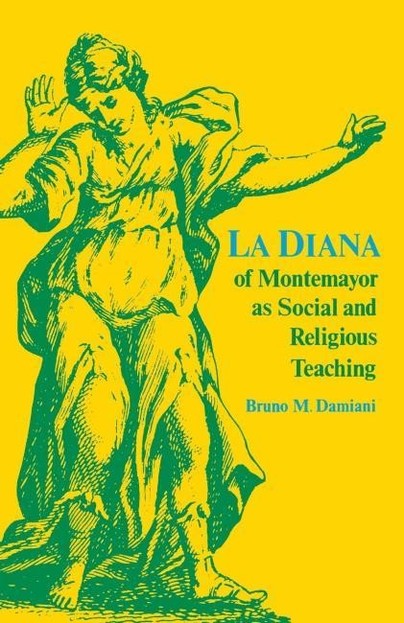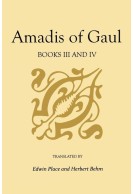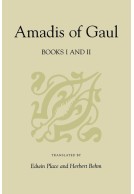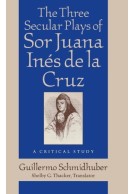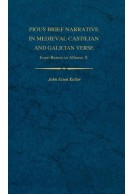Google Books previews are unavailable because you have chosen to turn off third party cookies for enhanced content. Visit our cookies page to review your cookie settings.
La Diana of Montemayor as Social and Religious Teaching (Paperback)
Imprint: University Press of Kentucky
Series: Studies in Romance Languages
Pages: 128
ISBN: 9780813152202
Published: 15th July 2014
Script Academic & Professional
Series: Studies in Romance Languages
Pages: 128
ISBN: 9780813152202
Published: 15th July 2014
Script Academic & Professional
This book will be reprinted and your order will be released in due course.
You'll be £18.00 closer to your next £10.00 credit when you purchase La Diana of Montemayor as Social and Religious Teaching. What's this?
+£4.99 UK Delivery or free UK delivery if order is over £40
(click here for international delivery rates)
Need a currency converter? Check XE.com for live rates
(click here for international delivery rates)
Need a currency converter? Check XE.com for live rates
Jorge de Montemayor's great pastoral novel La Diana (1559), one of the fountainheads of Spanish Renaissance literature, has often been regarded as a work written merely to amuse an effete courtly world. Bruno M. Damiani argues here that, far from being simply a "pastoral dream," Diana has profound socio-historical and religious dimensions, and that Montemayor's intentions in it were largely moral and instructive.
The timeless, idyllic nature which forms the essence of the pastoral is, in the case of Diana, inextricably bound up with the grace and sophistication of urban Spanish culture. Indeed, this study shows, Montemayor's shepherds and shepherdesses exist not in an imaginary Arcadian land but in the very real Spain and Portugal of their author's own time, and many of the characters are disguises for actual persons of the Spanish court, including perhaps the author himself.
Similarly, the philosophical and religious concerns of Renaissance Spain are fully explored in the lives of Montemayor's sorrowing rustics. Symbolically they are sinners who have fallen from grace and must undertake a spiritual pilgrimage, one which ultimately leads them to an understanding of the Christian virtues of faith, hope, and charity.
Mustering a wealth of classical, biblical, medieval, and Renaissance sources, the author reveals the underlying fabric of Diana, an inter-twining of allegory, symbolism, and imagery intended to instruct Monte-mayor's readers in the path of virtue. Damiani's analysis of this important work offers us a clearer view of the intellectual life of Renaissance Spain.
Other titles in the series...
Other titles in University Press of Kentucky...







